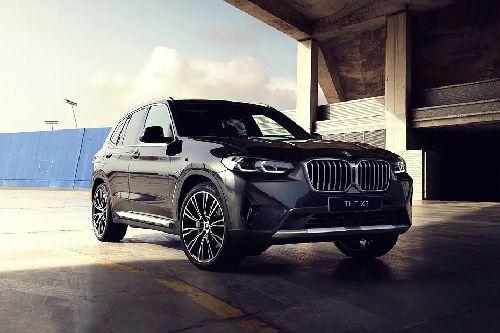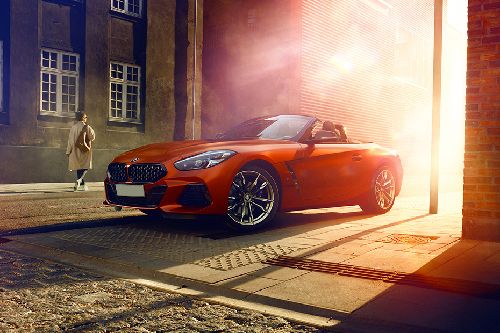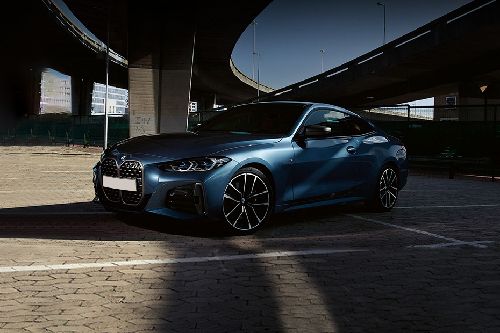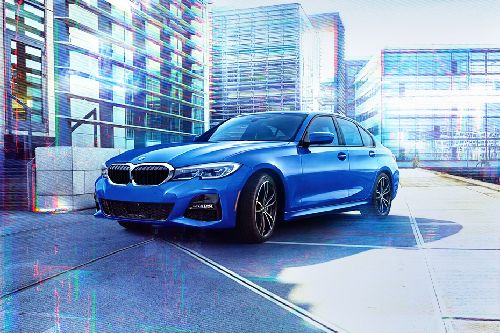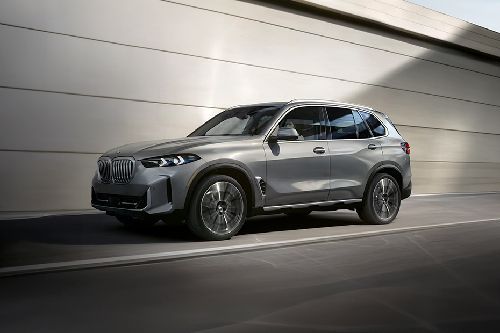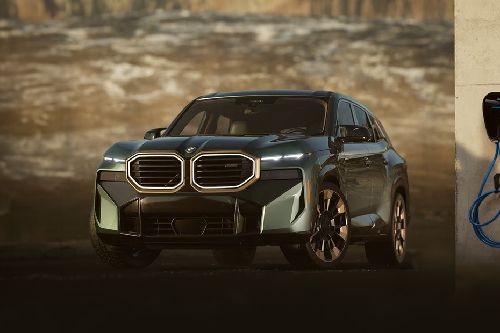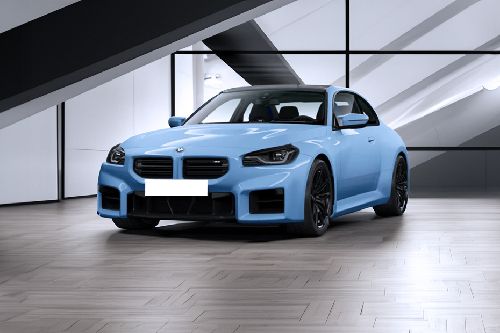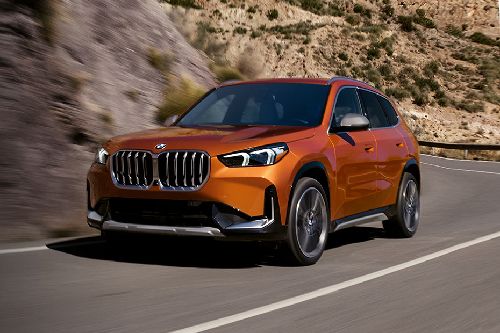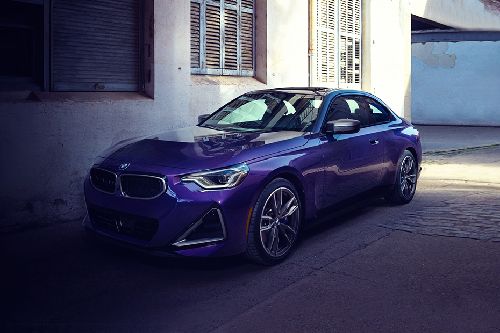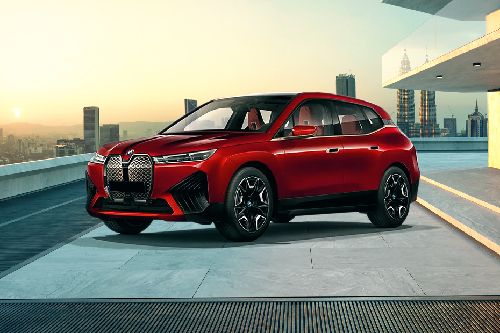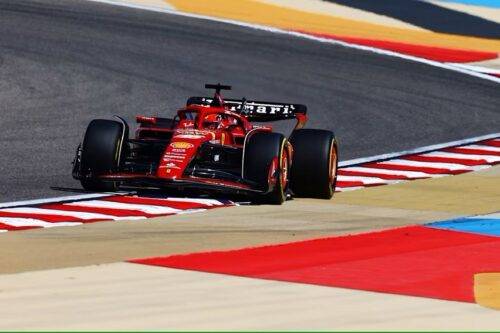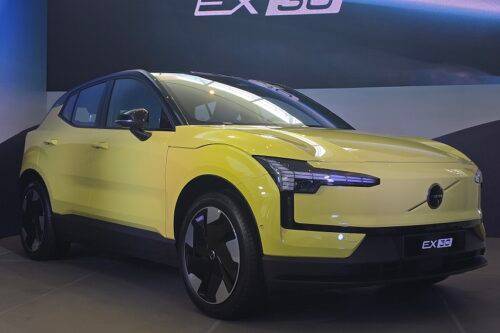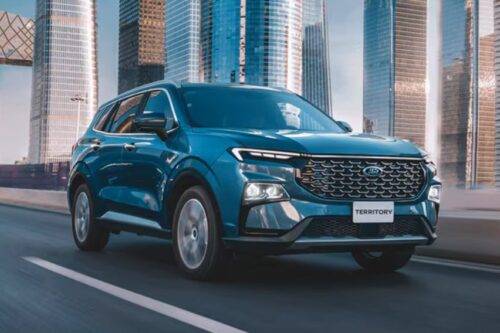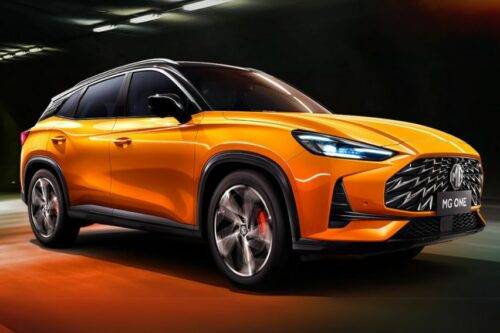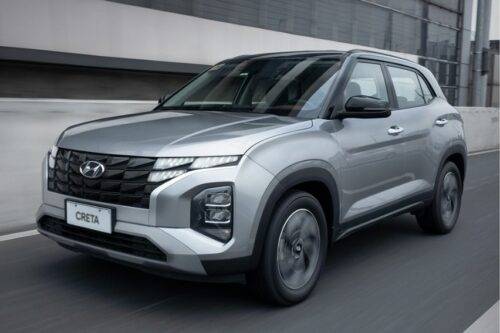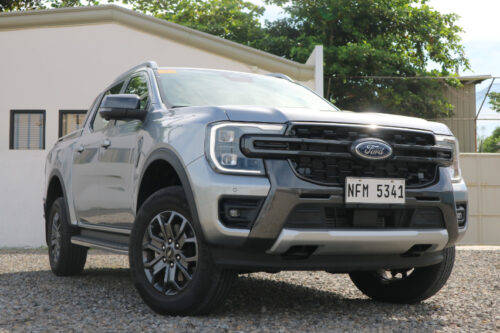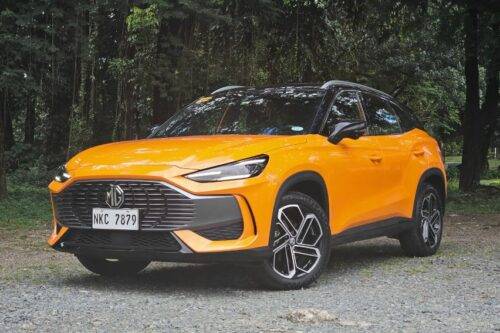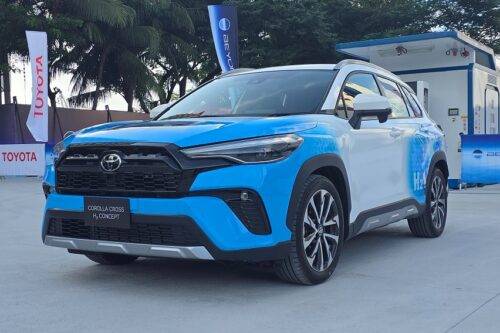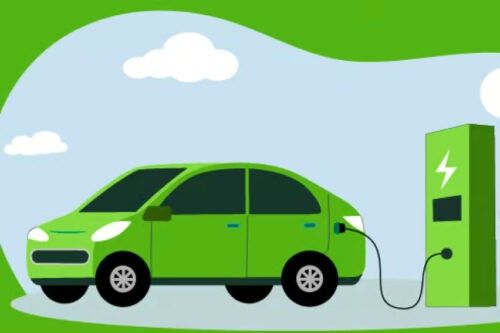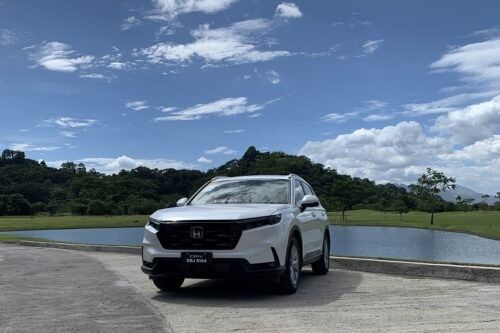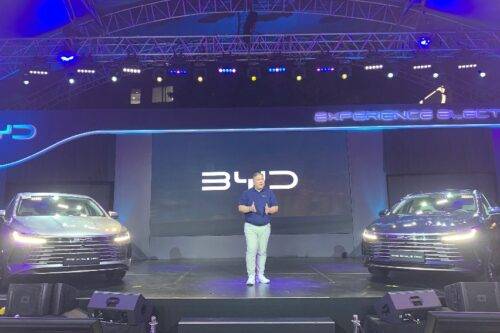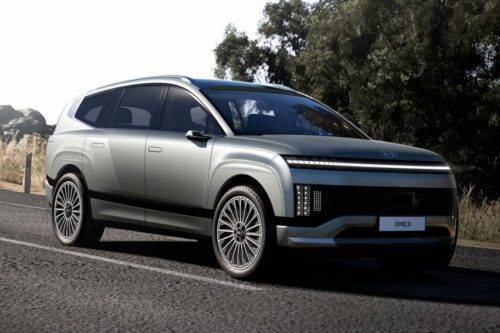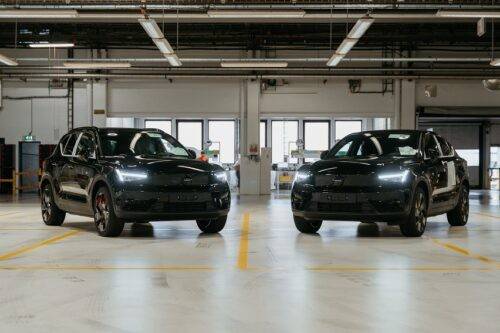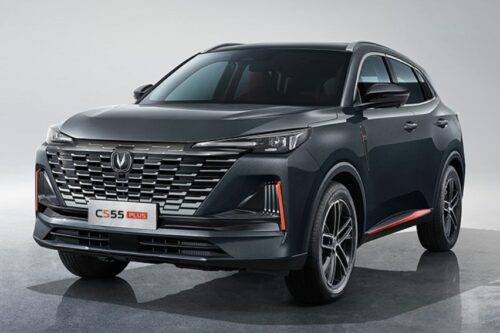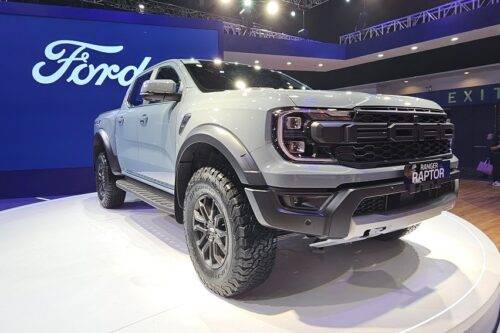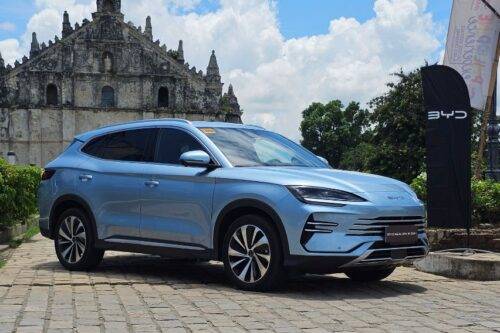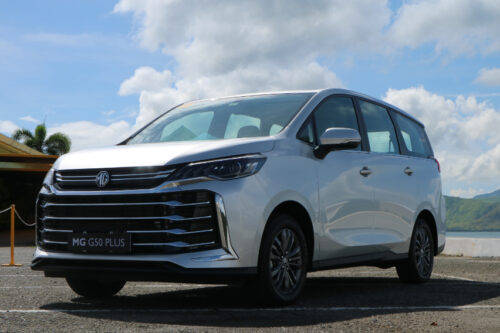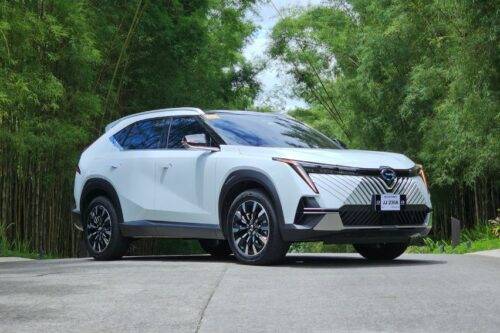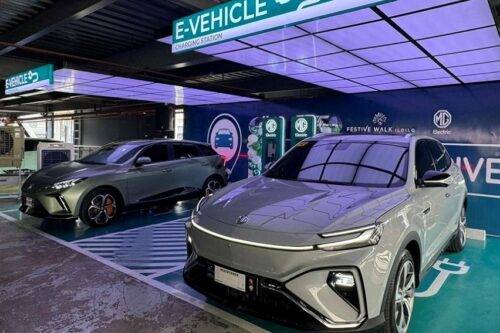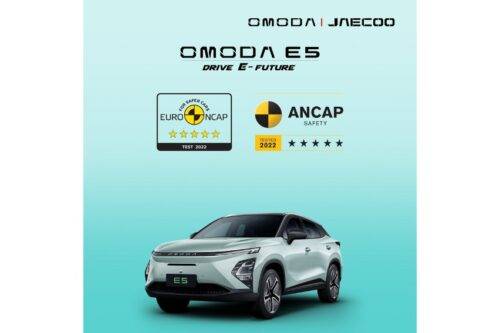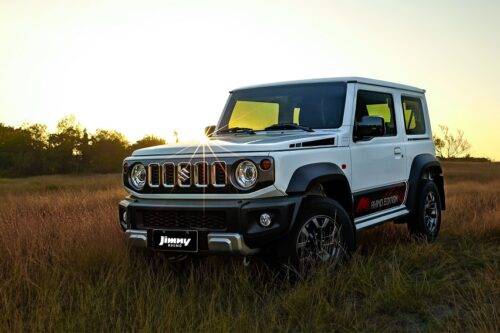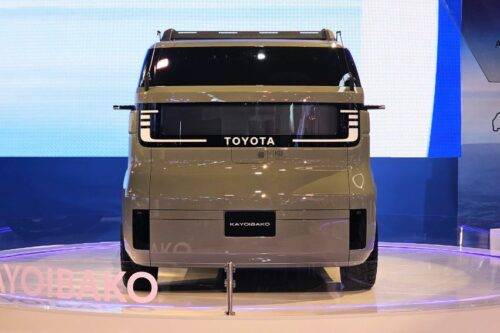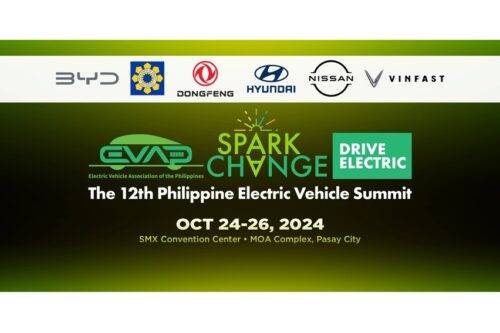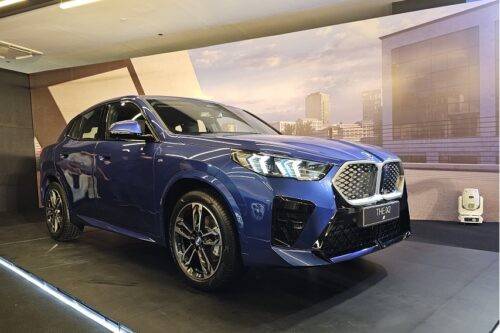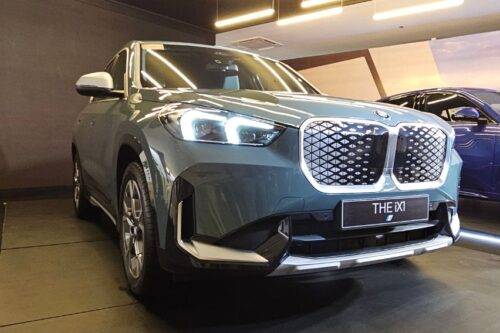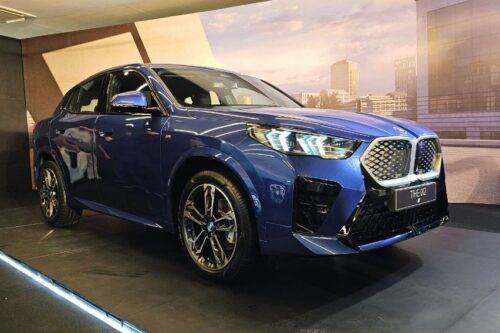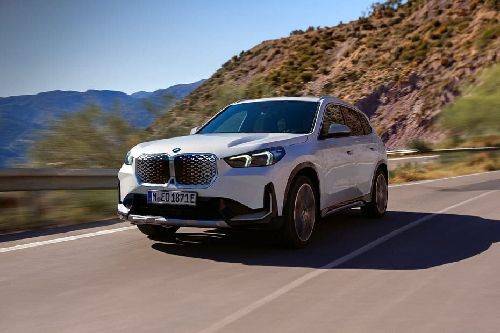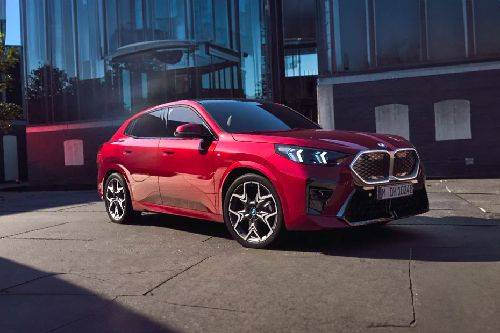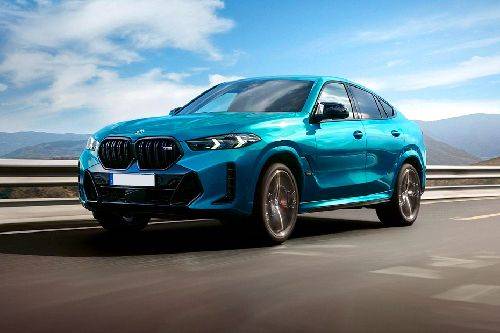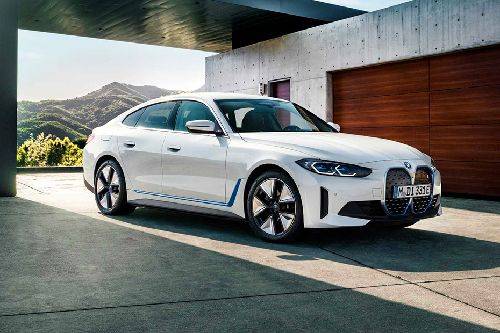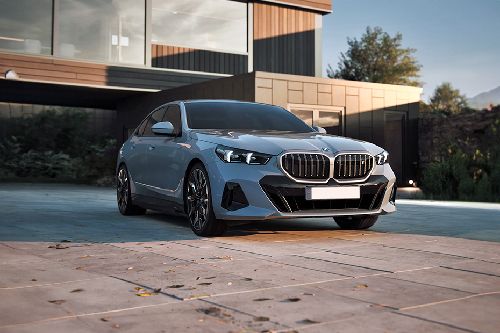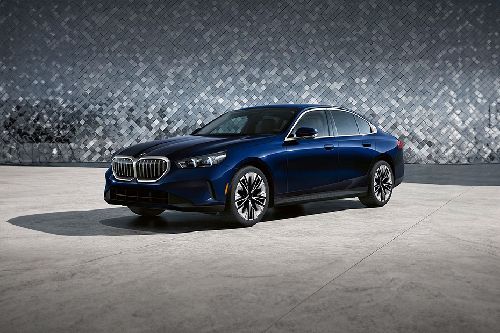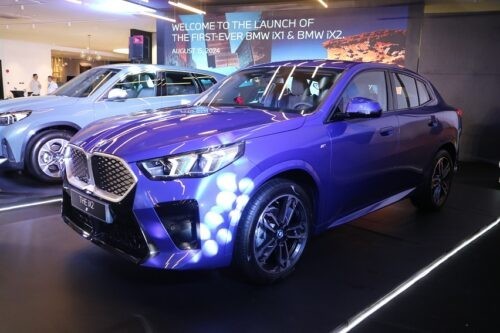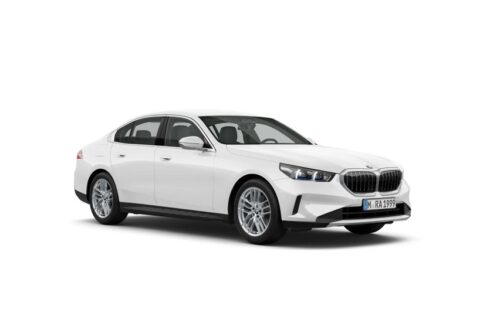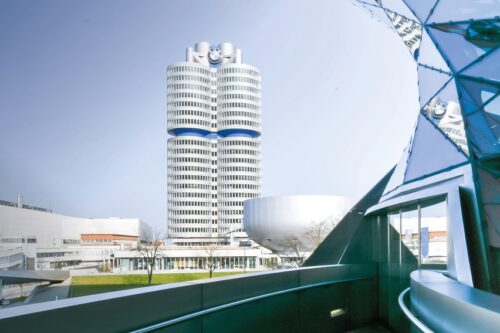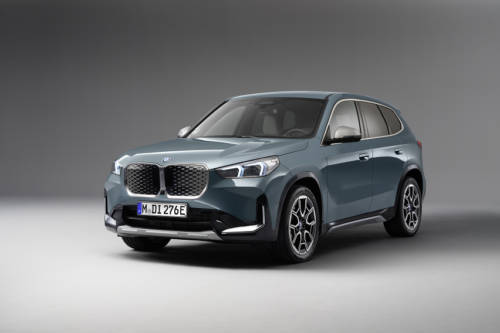BMW x Toyota on course to develop hydrogen-fueled powertrain
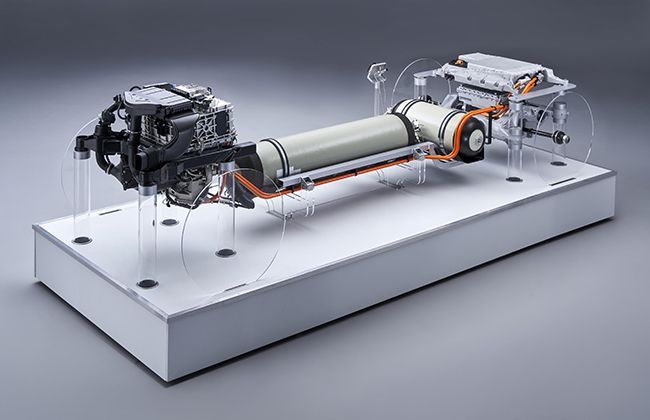
MANILA: As the curtain draws near to the debut of the BMW i Hydrogen NEXT (small scale production purely for testing fuel cell units begins 2022), the German automaker reaffirms its commitment to develop this futuristic powertrain in collaboration with Toyota, which started in 2013.
“We are convinced that various alternative powertrain systems will exist alongside one another in future, as there is no single solution that addresses the full spectrum of customers’ mobility requirements worldwide. The hydrogen fuel cell technology could quite feasibly become the fourth pillar of our powertrain portfolio in the long term. The upper-end models in our extremely popular X family would make particularly suitable candidates here,” said Klaus Fröhlich, member of the board of management of BMW AG, research and development.

BMW acknowledges that it will still take some time before hydrogen-powered fuel cells come standard in mass-produced models because the infrastructure is not yet in place. “In our view, hydrogen as energy carrier must first be produced in sufficient quantities at a competitive price using green electricity. Hydrogen will then be used primarily in applications that cannot be directly electrified, such as long-distance heavy duty transport,” added Fröhlich.
Until an extensive, Europe-wide network on hydrogen filling stations are in place, BMW will hold off in mass producing units that require this type of fuel.
That being said, BMW will dedicate this waiting time to find ways to substantially reduce the cost of manufacturing this powertrain system, while already implement electrification in their current offerings.
[video width="1280" height="720" mp4="https://imgcdnblog.carbay.com/wp-content/uploads/2020/03/31074157/2cec1e03-75cf-4193-89ea-28b9ba58bfa0.mp4">[/video>
Currently, the BMW i Hydrogen NEXT, which is based on the X5, uses the fifth-generation eDrive unit and has a total system output of 374hp. It emits nothing but water vapor. The electric converter located underneath the fuel cell adapts the voltage level to that of both the electric powertrain and the peak power battery, which is fed by brake energy as well as the energy from the fuel cell. The vehicle also accommodates a pair of 700 bar tanks that can together hold six kilograms of hydrogen.
“The fuel cell system for the powertrain for the BMW i Hydrogen NEXT generates up to 125kW (170hp) of electric energy from the chemical reaction between hydrogen and oxygen from the ambient air. This guarantees a long range regardless of the weather conditions. And refuelling only takes three to four minutes,” said Jürgen Guldner, vice president of Hydrogen Fuel Cell Technology and Vehicle Projects at the BMW Group.
Also read: BMW to invest more than US$32-M on electric mobility
Sell your car at the best price
 Verified and genuine buyers
Verified and genuine buyers
BMW Car Models
PIMS 2024
- Latest
- Popular
You might also be interested in
- News
- Featured Stories
- Latest
- Popular
Latest BMW Car Videos on Zigwheels

BMW Car Articles From Carmudi
- journal

